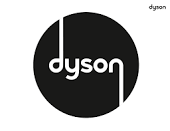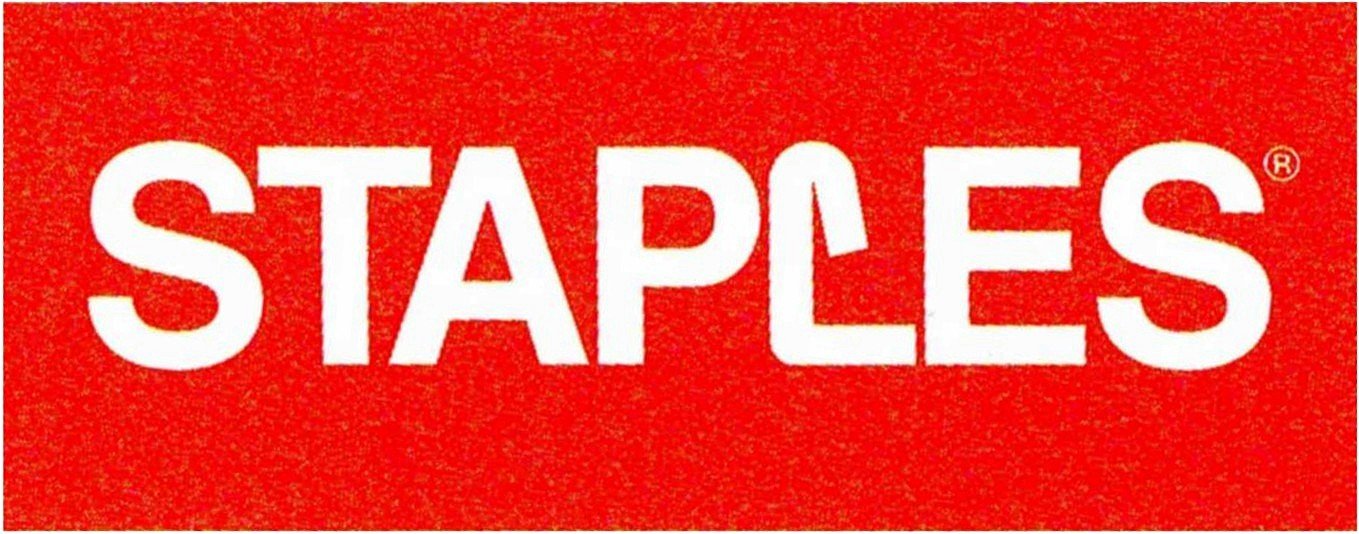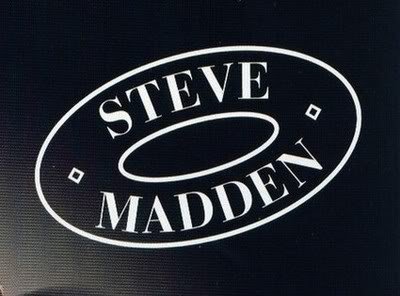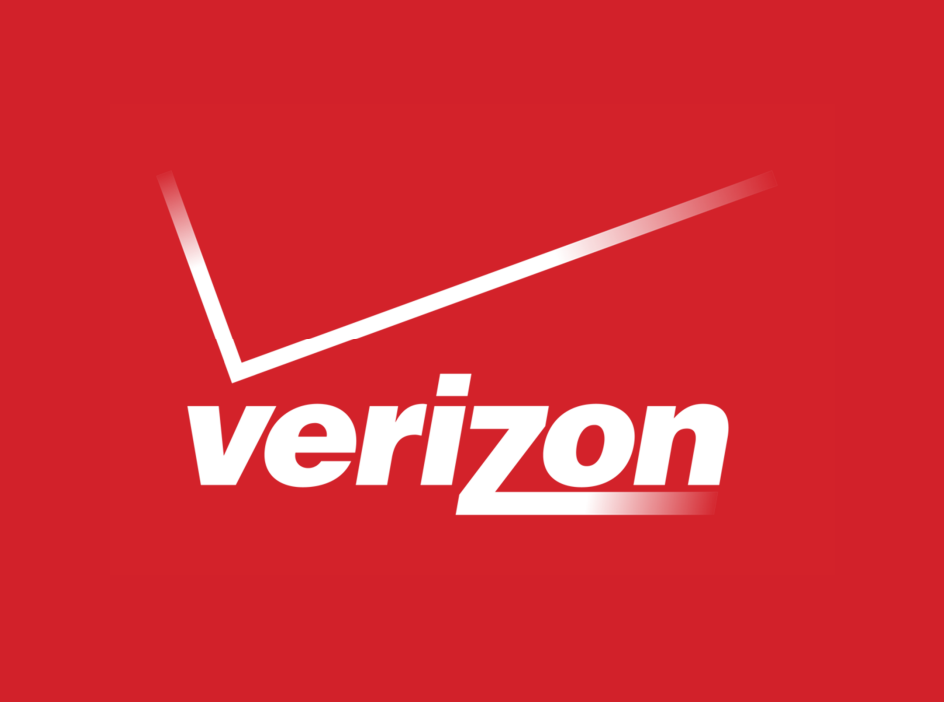
It’s about time DMSRetail shared its thoughts on performance-based compensation plans in the retail industry.
First and foremost, let’s debunk the misconception that performance-based compensation plans negatively impact the shopping experience. This is far from the truth.
Instead, a well-structured, straightforward performance-based compensation plan can actually improve the shopping experience.
Those who buy into this misconception fail to see the bigger picture.
They assume that offering financial incentives for sales will lead to in-store conflicts in front of customers, overly aggressive sales staff, and a host of other undesirable outcomes.
We acknowledge that poorly managed, inadequately trained, and unprofessional sales staff might indeed create issues if left unchecked.
Naturally, there will always be a few bad apples in any group. If these individuals continue to tarnish the customer experience, then there is cause for concern.
However, the real issue lies with management, not the compensation plan.
If management cannot rectify such situations, it’s likely they face other challenges as well—possibly numerous ones.
Instead of focusing on potential drawbacks, let’s consider the immense advantages of implementing a well-designed performance-based compensation plan.
Consider the following athletes, who likely earn (or earned) significantly more than many of their teammates: David Beckham, LeBron James, Wayne Gretzky, Sidney Crosby, Magic Johnson, Michael Jordan, Derek Jeter, Diego Maradona, and Kevin Durant.
What do they have in common? They are all sports superstars.
Every team needs its superstars.
If everyone received equal pay without the opportunity to earn more, those with exceptional skills or talent—and those willing to push themselves to the limit—might look elsewhere for compensation that matches their abilities.
Alternatively, they might lower their own performance levels and become just ‘one of the team’.
Without incentives to push their limits, why should they invest time and effort into improving? While emotional reasons are valid, they may not endure.
In short, top performers should be compensated accordingly. It’s natural, and there’s nothing wrong with that.
People who oppose performance-based compensation plans seemingly don’t believe top performers deserve more than their less successful peers.
This mindset is fundamentally flawed.
Most likely, you agree that highly skilled, top-performing athletes deserve higher rewards than their less skilled, lower-performing teammates.
The same principle applies to the business world.
Sales staff come with varying skill levels and motivations.
Some have a natural ability to connect with customers and build rapport better than others.
Some are more committed to the team’s and company’s success than others.
Some aim to earn as much money as possible, as quickly as possible.
Very few retail sales staff consider money unimportant.
While money might not motivate those at the higher end of the pay scale, it certainly drives the majority of those at the lower end.
A retail sales team can be compared to a sports team.
Team members will always have varying abilities and work ethics, regardless of whether they’re in sports or business.
Top performers should be compensated fairly, so it’s essential to learn how to manage a team and the customer experience in an environment with a performance-based compensation plan.
No one claims this is easy, but it’s likely no more challenging than managing under any other plan.
Managing your sales force and customer experience is a significant responsibility, regardless of your compensation approach.
However, if you start by assuming all your sales staff are professionals with the customer’s and company’s best interests in mind and if you recruit the right people and provide the necessary training, then a performance-based compensation plan is the ideal choice.
The success of any plan or process depends heavily on the store manager or business owner’s management skills.
If you fail to manage effectively, hire the right people, and provide proper training, your business is doomed—regardless of your compensation method.

























































































